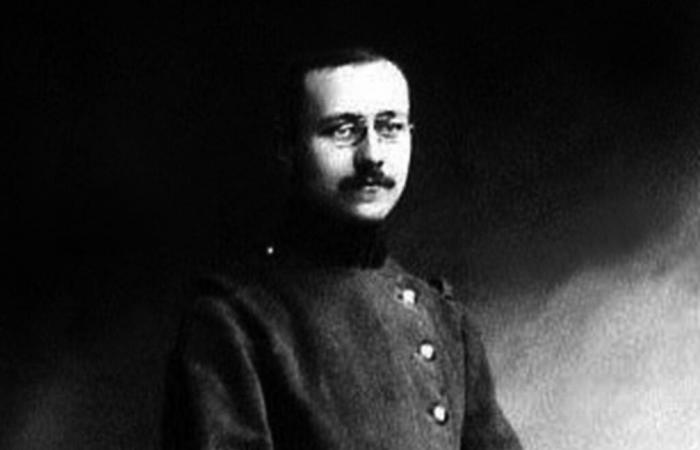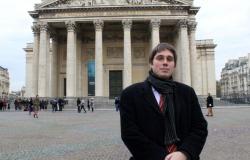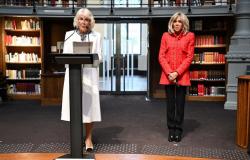
Emmanuel Macron's memorial frenzy is tireless. After Maurice Genevoix, Simone Veil, Joséphine Baker, Missak Manouchian, and before Robert Badinter, the President of the Republic decided to once again open the doors of the Pantheon to admit the historian Marc Bloch, with his procession of controversies .
The tutelary figure of the teacher should not have raised debates but his beneficiaries decided otherwise, claiming that the ceremony would be prohibited to the “extreme right”. Free of rights, Marc Bloch nevertheless only belongs to History, and not to the politicians who often misuse it clumsily, nor to his descendants who lend him a « patriotisme antinationaliste » hostile have « roman national ». Progressive but in love with order, he bequeathed, in fact, a thought contrary to that which consists today of “deconstruct” History through prejudice. On the contrary, he sought to identify the past without condemning it.
Son of an Alsatian Jewish academic, from Normale with a “bourgeois” life, Marc Bloch was caught up in the Great War. In 1939, he allowed himself to be mobilized again at the age of 52! His Strange Defeat, model of immediate history, attacks “collective weakness” elites. Spiritually overwhelmed, he urges courage, “for there is no salvation without a part of sacrifice”which he concretized by committing himself, “cane in hand,” to the Resistance. He was shot on June 16, 1944. He left behind an unusual historical work.
A thought that is the opposite of that which consists of “deconstructing”
A medievalist at the University of Strasbourg, where he worked alongside Lucien Febvre, Marc Bloch founded the journal Annales, a vehicle for a History preferring the determinism of social structures to individual will. But his departure from the chronological for the long term does not incriminate the force of the event which he likes to capture on the spot. He also leads the discipline into the fertile lands of anthropology or sociology, and his intuitions as a historian still remain sagacious.
His attachment to France has the merit of consistency. We can always reduce our formula to “memory of the coronation of Reims” amidst the din of war, he never ceased to reiterate his declaration of love to France, confessing: “The homeland from which I cannot uproot my heart. I was born there, I drank from the sources of its culture, I made its past my own, I only breathe well under its sky. » If that wasn't clear enough, he still protests its roots in his spiritual testament: “I felt […] above all and very simply French. Attached to my homeland by an already long family tradition, nourished by its spiritual heritage and its history, incapable in truth of conceiving another. »
The rest after this ad
This spirit of curiosity leaves an invaluable lesson about the demand for truth without moralistic preconceptions. Thus the Voltairian irony of the miracle-working kings is not this value judgment that the left favors to explain the past. In his Apologie pour l'histoire, Marc Bloch, then hunted by the Gestapo, writes that his ambition was not to judge his executioners but to try to understand them. It is to this height of view that we are invited, historians or not, to rise.
France





